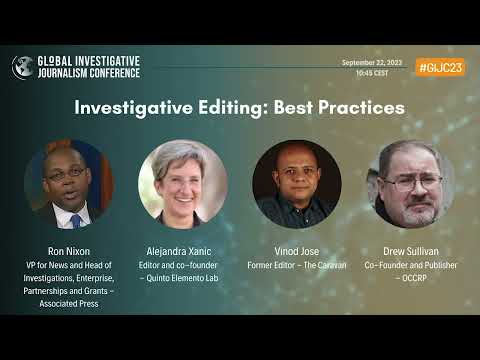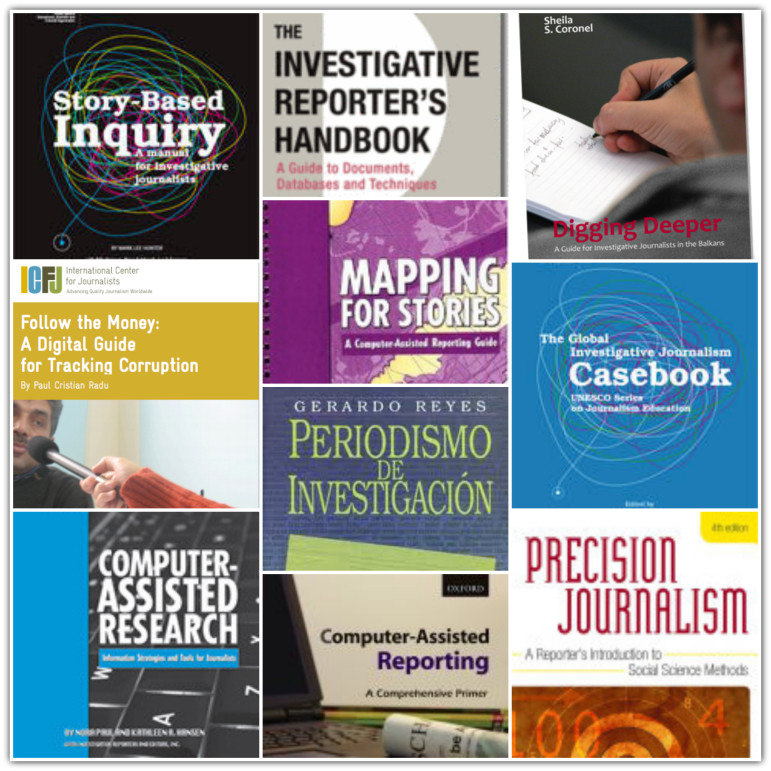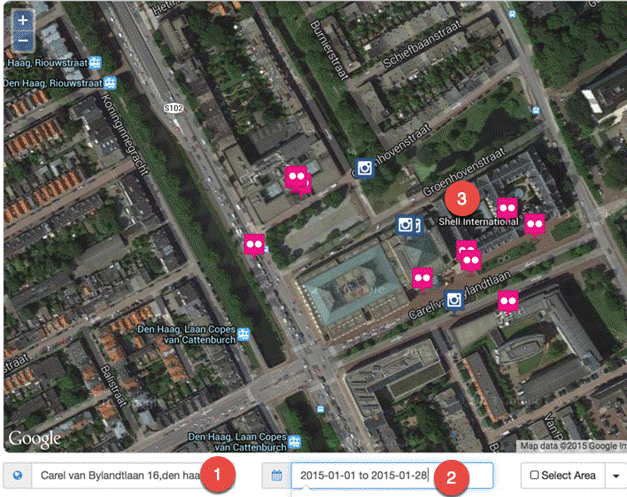Database Resource
Academic and Training Scholarships for Investigative Journalism
For budding reporters or those looking to break into in the profession, GIJN has compiled a list of academic and training scholarships for investigative and data journalism.













